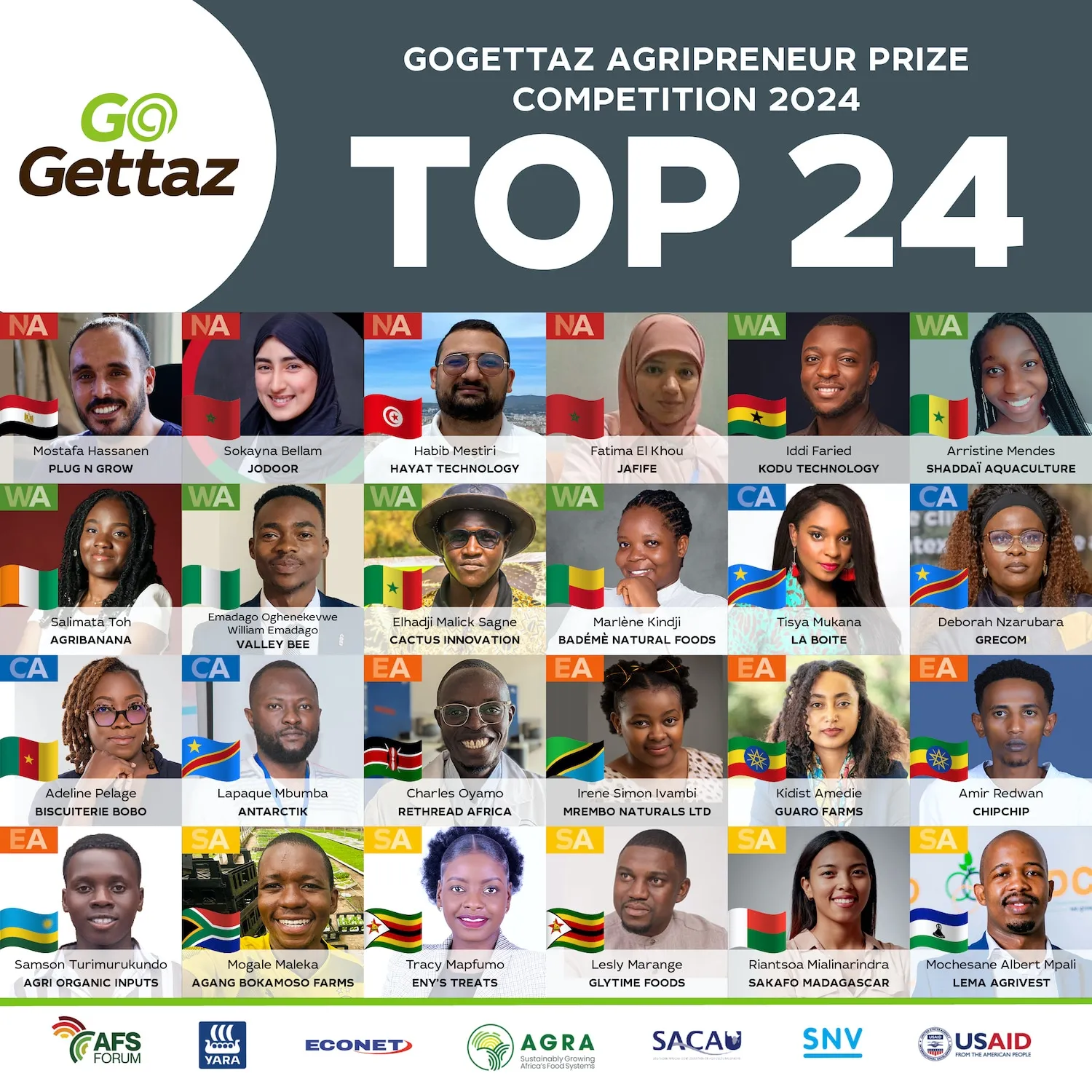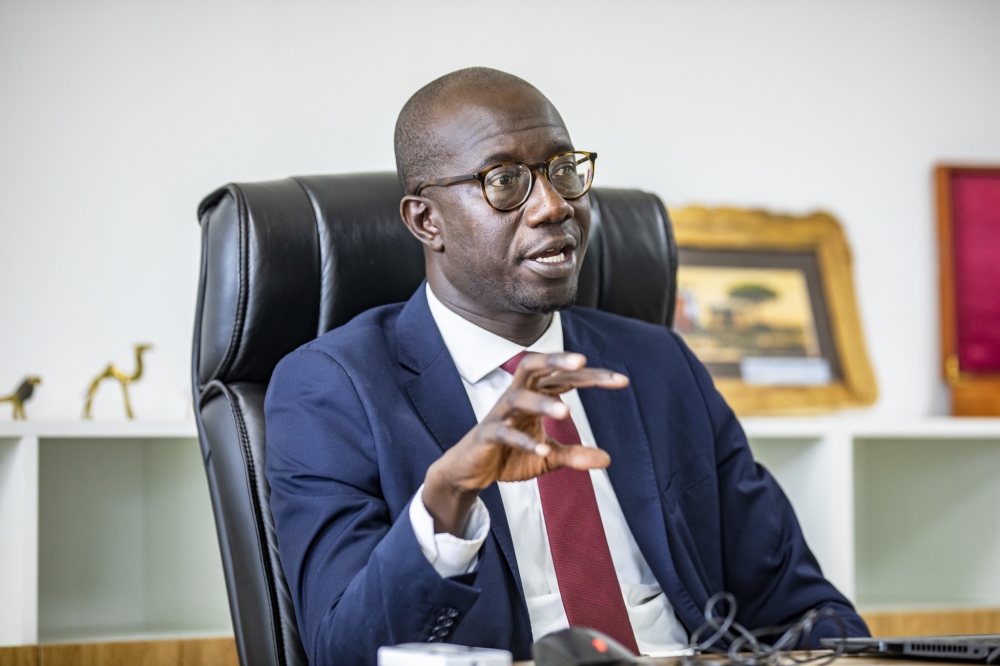Leveraging a digital platform to strengthen food systems policies in Africa

By Dr Rebecca McLaren, MD, MPH, Research Advisor, GAIN, Ty Beal, PhD Senior Technical Specialist at GAIN and Stella Nordhagen, Senior Technical Specialist at GAIN
The 2024 Africa Food Systems Forum is centred on the theme, “Innovate, Accelerate, and Scale: Delivering Food Systems Transformation in a Digital and Climate Era.” As the continent faces unprecedented challenges, from climate shocks to economic pressures, the Forum seeks to accelerate the adoption of digital tools to revolutionize food systems and tackle these pressing issues.
The Food Systems Dashboard: a critical tool for transformation
At the heart of this digital transformation is the Food Systems Dashboard, a powerful tool that allows users to easily access and analyze food systems data. This innovative platform enables stakeholders to set priorities for action and track progress, providing crucial insights into the effectiveness of policies and interventions.
The Food Systems Dashboard stands out by bringing together diverse country-level and subnational data across all food system components. It compiles 300 indicators from over 40 public and private sources, presenting this wealth of information in simple, visually appealing graphics. This comprehensive approach gives policymakers, researchers, and other stakeholders a complete view of food systems, including their drivers, components, and outcomes. Moreover, the Dashboard offers in-depth analysis and guidance on how users can effectively leverage this data to identify gaps, monitor progress, and develop impactful interventions.
For instance, the Dashboard includes indicators on food affordability, diet quality, agricultural productivity, and climate vulnerability. A measure of food affordability on the FSD is the percentage of the population unable to afford a healthy diet. This indicates the share of the population whose food budget is less than the cost of a healthy diet. The FSD includes several measures of diet quality from the Global Diet Quality Project, such as minimum dietary diversity for women (MDD-W). This newly proposed SDG indicator reflects the share of women who consumed at least the minimum recommended food groups the previous day, which makes it more likely they consume adequate micronutrients. For those wanting to look at the climate impacts of food systems, the FSD contains indicators on agri-food systems greenhouse gas emissions as well as the emissions intensity for important food groups. The indicators on the FSD allow policymakers to quickly assess areas of strength and weakness in their food systems, and to track progress over time.
Addressing Africa’s unique challenges
Africa stands at a critical juncture. The continent faces a complex web of challenges, including conflicts disrupting food supply systems, economic shocks making nutritious diets unaffordable, and climate-related events reducing agricultural production capacity. Coupled with a growing population, these factors underscore the urgent need for transformative solutions in African food systems.
To address these challenges, several African countries are leveraging the power of the Food Systems Dashboard at a sub-national level. Nigeria, Kenya, and Mozambique have already launched unique country dashboards, with Rwanda currently developing its own. These tailored and more detailed dashboards are created in close partnership with national governments and local stakeholders, with the ultimate goal of full country ownership. This approach ensures that the data and insights provided are directly relevant to each country’s unique food system challenges and opportunities.
Empowering data-driven decision making
The Food Systems Dashboard enables governments to develop policies rooted in facts and objective analysis. This data-driven approach leads to more informed, targeted, and impactful policy decisions, addressing food system issues more effectively. Moreover, it increases government accountability and transparency in the decision-making process.
By leveraging the insights provided by the Dashboard, countries can enhance local food production, develop resilience to climate crises, and ultimately uplift African livelihoods. This aligns perfectly with the Africa Food Systems Forum’s vision of harnessing the continent’s potential to tackle global challenges.
A collaborative effort for global impact
The Food Systems Dashboard is led by The Global Alliance for Improved Nutrition, The Columbia Climate School, Cornell University’s College of Agriculture and Life Sciences, and The Food and Agriculture Organization of the United Nations, with collaborators at many other institutions. This collaborative effort ensures that the Dashboard remains a cutting-edge tool in the global effort to transform food systems.
As we look towards the 2024 Africa Food Systems Forum, the Food Systems Dashboard stands as a testament to the power of digital innovation in addressing complex food system challenges. By providing accessible, comprehensive data and analysis, it empowers stakeholders across Africa and beyond to make informed decisions, develop effective policies, and drive meaningful change in their food systems.
The transformation of African food systems in the face of climate change and population growth is no small task. However, with tools like the Food Systems Dashboard, we are better equipped than ever to innovate, accelerate, and scale solutions that will ensure food security and sustainability for generations to come.


































